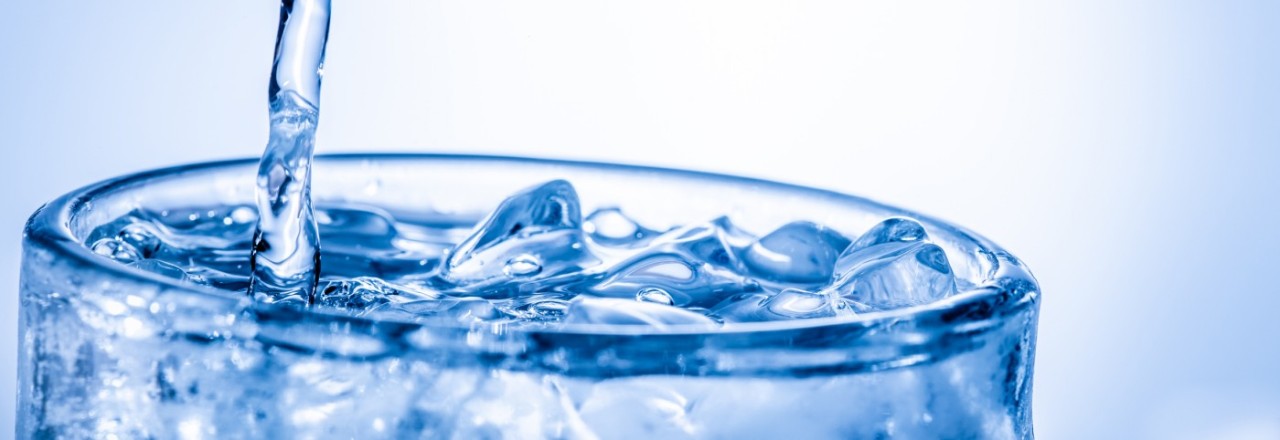Drink smartly this summer to protect your teeth

During those hot summer months, you need to stay hydrated and healthy. But think carefully when you choose your beverage. Some drinks can increase your risk of tooth decay. Here are some tips on how and what to drink to keep your teeth healthy.
1. Drink water.
Water is the best drink you can have, so be sure to drink it throughout the day. Not only does it quench your thirst and prevent dehydration, but it also keeps your mouth moist and helps wash away plaque-causing bacteria. An added plus: It can even prevent bad breath.
2. Choose tap water.
Not all bottled water contains fluoride. Fluoridated tap water strengthens your enamel, making your teeth more resistant to decay.
3. Say no to sugary sodas.
The acid in certain sodas, especially colas, can wear down your enamel, leading to tooth decay. Combined with the sugar in the drink, it’s a serious problem for your teeth. Choose something sugar-free like carbonated water to reduce your exposure to the acidic contents.
4. Use a straw.
If you do decide to drink acidic beverages, reduce their contact with your teeth by using a straw and finishing the drink quickly instead of sipping it over a long period of time.
5. Try tea.
Tea contains compounds that suppress bacteria, slowing down tooth decay and gum disease. Just remember: Don’t add sugar, which is a major contributor to tooth decay.
Last updated December 21, 2022
Related articles:
The oral health information on this website is intended for educational purposes only. Always consult a licensed dentist or other qualified health care professional for any questions concerning your oral health.


